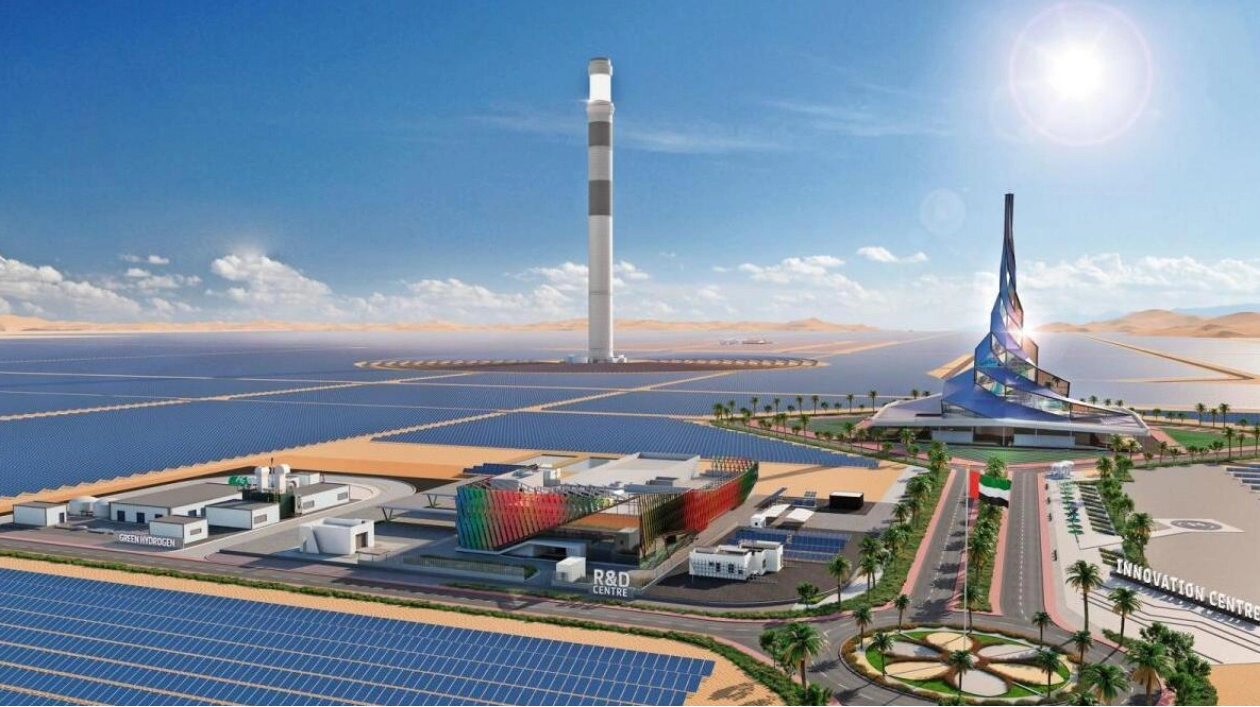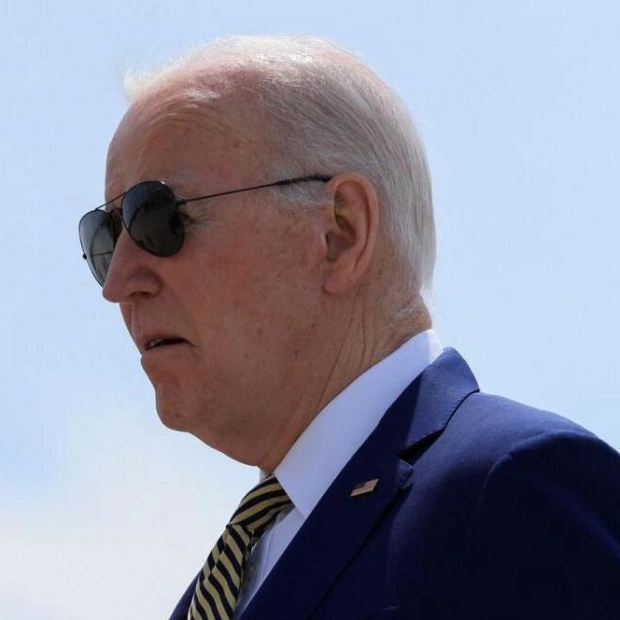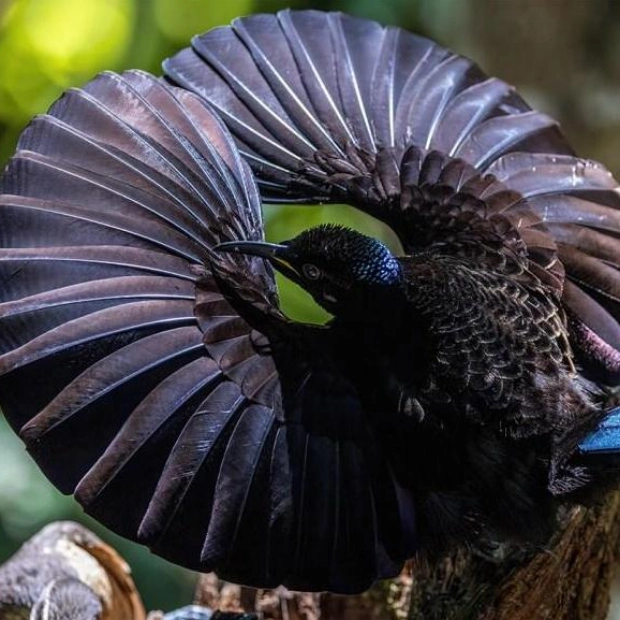The UAE has made substantial investments in renewable energy, including the Mohammed bin Rashid Al Maktoum Solar Park, one of the world's largest solar parks.
From doubling its economy by 2031 and achieving net-zero emissions by 2050 to becoming the best nation globally and establishing the first human settlement on Mars by 2117, the UAE has meticulously planned its future, extending even beyond the 22nd century with an ambitious blueprint filled with visionary goals. For a nation celebrating its 53rd anniversary, envisioning a 100-year future is a remarkable achievement. The UAE, the Arab world's second-largest economy, has transformed into a beacon of progress and innovation since 1971, evolving from a collection of small emirates into a global hub for trade, tourism, and technology. The Emirates' Centennial Strategy aims to make it the 'Best Country' in the world across various domains.
Launched in 2017, 'UAE Centennial 2071' is a roadmap to make the UAE the best country in the world by 2071, its centennial year. The Centennial is built on four pillars: future-focused government, excellent education, a diversified knowledge-based economy, and a happy, cohesive society. Under the 'best economy in the world' axis, the UAE aims to attract the best minds, ideas, and talent, offering top business opportunities, a stable environment, and advanced infrastructure. Investments in artificial intelligence, biotechnology, and other cutting-edge fields continue to bolster the UAE's global leadership.
As the UAE progresses towards 2071, it faces both opportunities and challenges. With a clear vision and ambitious goals, the nation is poised to lead globally. The UAE has consistently ranked high in global competitiveness indices, reflecting its strong economic performance and business environment. The country has implemented reforms to enhance the ease of doing business, attracting foreign investment and fostering entrepreneurship. The UAE's real GDP is projected to grow, and it has successfully diversified its economy, reducing its dependence on oil.
The UAE has prioritized education and sustainable development as cornerstones of its strategy. Key initiatives include the National Strategy for Higher Education 2030 and investments in STEM education. The UAE is committed to sustainable development, with projects like Masdar City and the Mohammed bin Rashid Al Maktoum Solar Park. The UAE has also established cultural institutions like the Louvre Abu Dhabi to promote arts and culture.
While the UAE has achieved remarkable progress, it faces challenges such as economic volatility and environmental sustainability. However, opportunities in technology, global partnerships, and youth empowerment abound. The UAE's strategic goals include launching an interplanetary mission by 2028 and achieving significant milestones in renewable energy by 2030.
The UAE's journey towards 2071 is about more than celebrating a centenary; it's about building a future-ready nation that embodies progress, tolerance, and unity.
Source link: https://www.khaleejtimes.com






